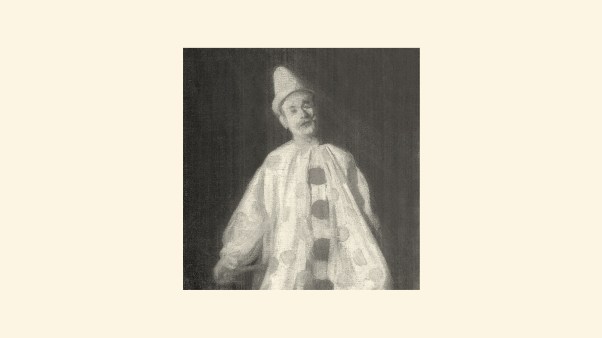Read Malachi 3:1–4.
Today we read from the last book of the Old Testament, just before we flip the page into the first chapter of Matthew. The Israelites have returned from the Babylonian exile, the Jerusalem temple has been rebuilt, and yet their relationship with God is still … complicated.
The Book of Malachi is structured around a series of declarations by God, which are met by questions and accusations from the people of Israel. As these dialogues unfold, Israel’s ongoing sin and rebellion are laid bare, as is the steadfast character of Israel’s God. Our passage in chapter 3 is introduced by Israel’s pleading for the God of justice to show up (2:17), and God’s promise to send a messenger who will prepare the way of the Lord (3:1). After that, God himself will come to the temple. What a hopeful promise! The God who has chosen the Israelites as his treasured people will come, demonstrating anew his commitment to his people.
This hope, however, is given a sharp edge in the next verse. Yes, God is coming—but who can endure the day of his coming? God will not pat the Israelites on the back for their half-hearted temple service or refusal to honor God fully. Indeed, the God who is coming is like a refiner’s fire and a launderer’s soap, putting the Israelites on trial for their injustices and waywardness.
During Advent, as we await the birth of the Messiah and long for God’s coming yet again, the yearning is palpable. Our world is broken, and we need a savior. But, like the Israelites, the savior we await may not be exactly as we expect. He may not pat us on the back either. Rather, our shortcomings will be laid bare, and we too will be called to repent and change our ways.
But this is precisely the point. Our God is not a God who leaves us alone and lets us be just how we are. He is a God who changes us, and this change can only come about through an awakening to the parts of our lives that are in desperate need of reordering. It is this reordering, this opening of ourselves to the refining hand of God, that will indeed draw us nearer to God and closer to the people we were made to be.
Let us be open to God entering into our lives, and let us embrace that God showing up may not look exactly how we may have imagined. What can be trusted is the goodness and gentleness of this great God, the God of faithfulness, the God who will not leave us alone.
Jen Rosner is affiliate assistant professor of systematic theology at Fuller Theological Seminary and the author of Finding Messiah: A Journey Into the Jewishness of the Gospel.










